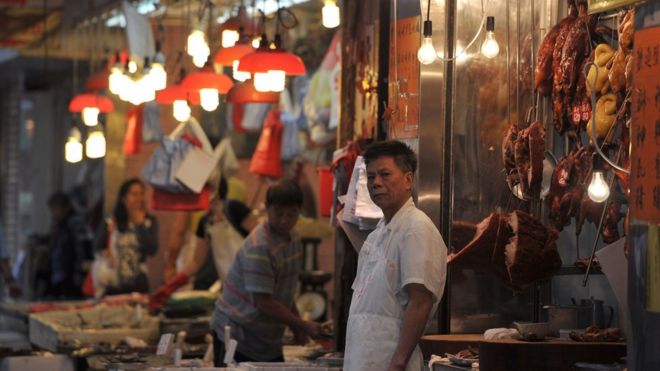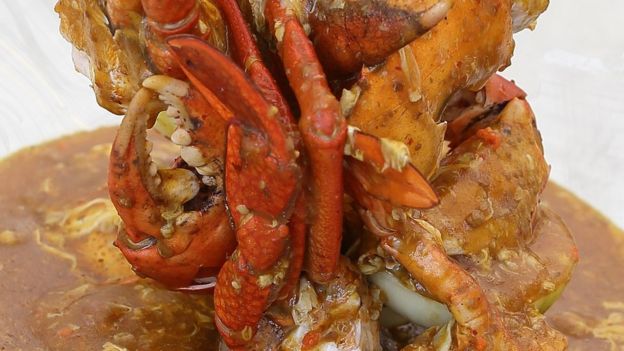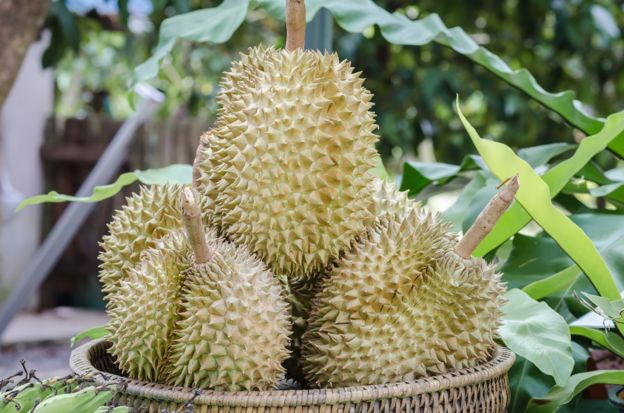The Wall Street Journal
Dogfooding? Decacorn? Those mystified by Silicon Valley jargon now have their own dictionary.
Dogfooding? Decacorn? Those mystified by Silicon Valley jargon now have their own dictionary.
http://public.oed.com/the-oed-today/recent-updates-to-the-oed/march-2016-update/new-hong-kong-english-words/
New Hong Kong English words
The OED’s March 2016 update sees the inclusion of a number of words from Hong Kong English. There are loanwords from Cantonese, like dai pai dong (‘a food stall’) and kaifong (‘a neighbourhood association); as well as formations in English that are only or chiefly used in Hong Kong, like sitting-out area (‘a small public space with seating in a built-up urban area’).
Here is a list of all new Hong Kong English items in the OED.
- char siu
- compensated dating
- dai pai dong
- kaifong
- guanxi
- lucky money
- sandwich class
- milk tea
- shroff
- sitting-out area
- siu mei
- yum cha
- wet market
-----
牛津字典增13個香港詞彙 叉燒、大排檔、奶茶入選
2016/5/12 — 21:41A
網絡圖片
英國牛津大學出版社的《牛津字典》,公布了三月份新增的字典詞彙,當中包括了13個香港新詞。不少新字都與香港特色美食有關,包括了Char Siu(叉燒)、Yum Cha(飲茶)、Dai Pai Dong(大排檔)等。
其他新增的香港詞彙,包括compensated dating(援交)、kaifong(街坊)、lucky money(利是),以及由普通話翻譯的Guanxi(關係)。部份詞語是香港獨有的說法,同樣被加入《牛津字典》內,例如是sitting-out area(休憩處)。
《牛津字典》新增的香港詞彙:char siu(叉燒)
compensated dating(援交)
dai pai dong(大排檔)
kaifong(街坊)
guanxi(關係)
lucky money(利是)
sandwich class(夾心階層)
milk tea(奶茶)
shroff(繳費處)
sitting-out area(休憩處)
siu mei(燒味)
yum cha(飲茶)
wet market(濕貨街市)
******http://www.bbc.com/news/world-asia-36275640
Singapore terms join Oxford English Dictionary
- 9 hours ago
- Asia
 AFP
AFP
Several Singaporean and Hong Kong English terms, including "wah", "shiok" and "yum cha", are now officially recognised as acceptable English.
The Oxford English Dictionary (OED) added 19 Singaporean terms and 13 Hong Kong terms in its latest update.
"Wah" is an expression of delight or surprise, "shiok" means cool, and "yum cha" is a type of Chinese brunch.
Additions also include "blur", which means confused or ignorant, and "sabo", which means to harm or play a prank on.
 GETTY IMAGES
GETTY IMAGES
The dictionary included formations of English that are mostly used in Singapore or Hong Kong.
For example, "compensated dating", a Hong Kong term, refers to the practice of teenage students providing companionship or sex in exchange for money or gifts.
And "Chinese helicopter" is a derogatory term referring to a Singaporean whose schooling was conducted in Mandarin Chinese and has limited knowledge of English.
The OED records the meaning and development of the English language.
It says that, for a word to qualify, there must be "several independent examples of the word being used, and also evidence the word has been in use for a reasonable amount of time".
Hong Kong English words:
Char siu: roast pork marinated in a sweet and savoury sauce
Dai pai dong: an open-air food stall
Kai fong: a neighbourhood association
Wet market: a market for the sale of fresh meat, fish, and produce
Singapore English words:
 GETTY IMAGES
GETTY IMAGES
Ang moh: A light-skinned person, especially of Western origin or descent; a Caucasian
Hawker centre: A food market at which individual vendors sell cooked food from small stalls, with a shared seating area for customers
Chilli crab: A dish consisting of crab cooked in a sweet and spicy gravy containing red chillies and tomato
Killer litter: Objects thrown or falling from high-rise buildings, endangering people
Do you speak Singlish? Decode these five phrases
Question: 1/5



沒有留言:
張貼留言